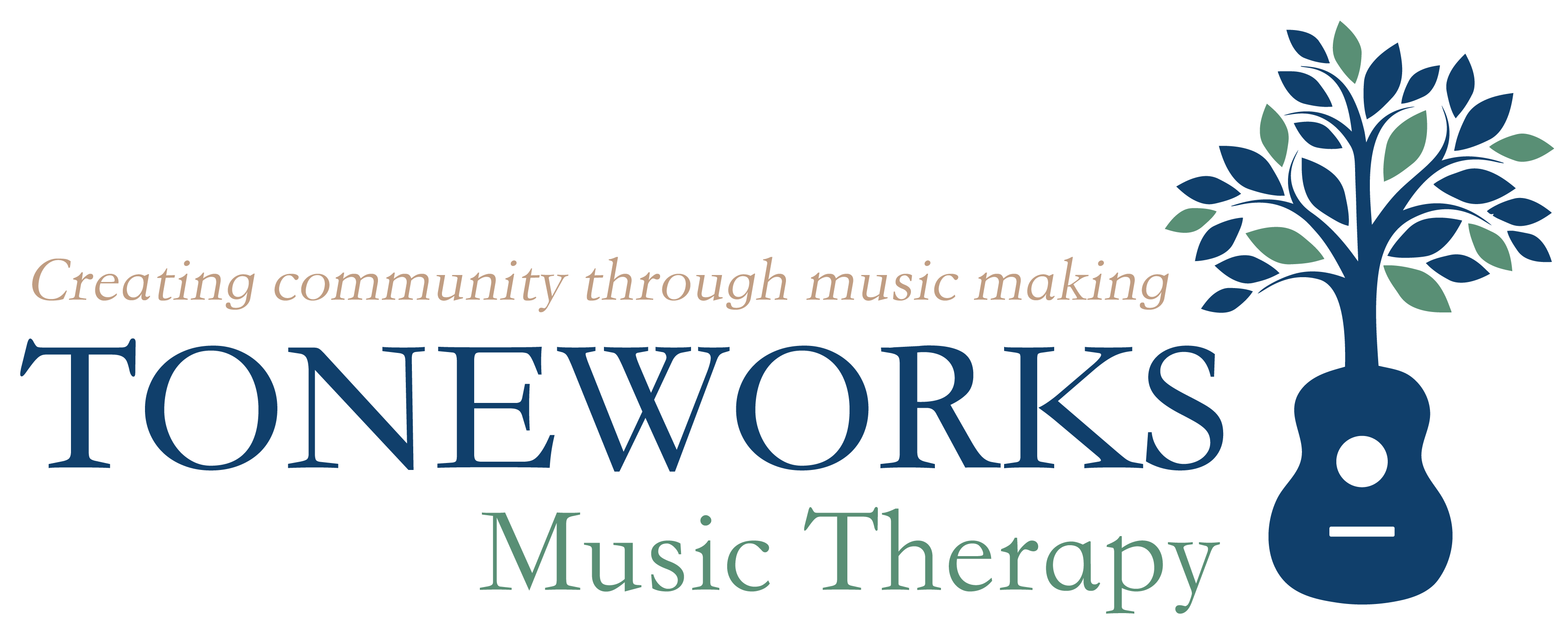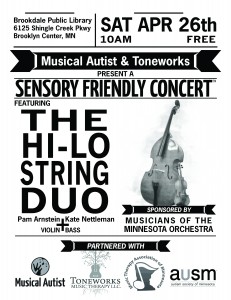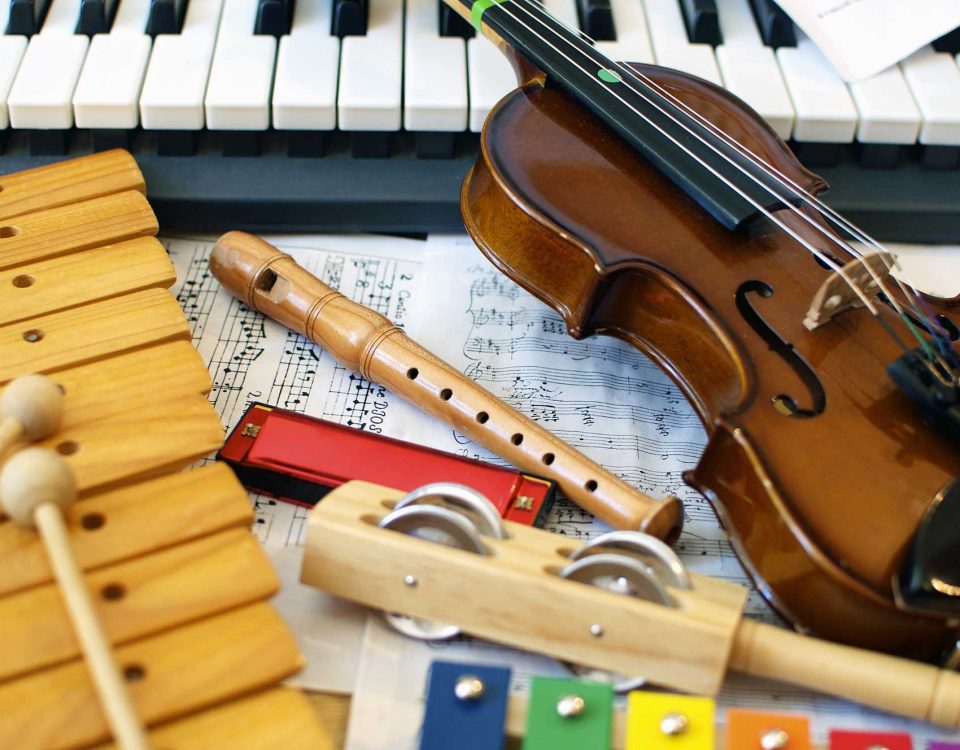Sensory Friendly Concerts™: Advocating for Neurodiversity
Timeless Tunesday: {It Is Winter}
Wordless Wednesday: {4.16.14}
Since beginning my music career at the ripe old age of 4, performing has been constant in my life, whether it be at church, in orchestra concerts, at weddings, or in my backyard. Opportunities to share my talent with others was and is one of the biggest blessings in my life. Part of that thrill of being a musician is also getting to experience the beautiful music of others. I remember the first Minnesota Orchestra concert I attended by myself. I drove to Minneapolis (a three hour drive from my parent’s home) the week after my 16th birthday. I went the wrong way down Lasalle, and ended up taking the 694/494 loop eight times, but hearing Tom Turner play Harold en Italy was worth it.
When I began my college career, I dove head-first into the performance world of playing for gigs, orchestra, and chamber ensembles, practicing eight hours a day, and getting glimpses of sunlight on occasion. I loved performing for people and being able to share my music, but it never occurred to me that I was reaching a fairly small group of people. After taking an Intro to Music Therapy class, it immediately “clicked” that I wanted to help people regardless of their ability level, to reach their full potential through music, because that was the same opportunity that was offered to me twenty years earlier.
I was drawn to working with individuals on the spectrum after spending part of the summer working at a camp through the Autism Society of Minnesota. I realized that we limit individuals on the spectrum because they don’t speak our language, but when you’re communicating through music, they aren’t held back. Music is so natural to them, and luckily, as a music therapist, I get to provide adaptive lessons to both individuals on the spectrum, and other special needs. Using things like colored dot notes or adapted chords and songs allows a student to learn and perform a piece of music that a “neurotypical” student would learn using black notes. Some musical concepts that have taken me 21 years of viola studies to grasp, come to them in weeks. It is fantastic to watch, and oftentimes, I end up learning from them.
Music intrinsically promotes neurodiversity. It is individual yet diverse, it provides successful experiences regardless of how our bodies and brains function, and it is natural to the human experience. We are hiding this amazing source of life, and love, and energy by putting people with labels in a box and not providing them opportunities that we have the resources to create. They are more than just physical and cognitive beings. They are brothers, sisters, friends, advocates, artists, and creative human beings. You are as strong as you think you are, and as the neurodiversity movements grows, the strength and access all for all individuals on the spectrum will be incredibly improved. That is why I advocate.
Minnesota’s first Sensory Friendly Concert™, supported by The Musicians of the Minnesota Orchestra, held on Saturday, April 26th, from 10-10:45 at the Brookdale Public Library.
Through a partnership with The Musical Autist, and the Hi-Lo Duo of Kate Nettleman and Pam Arnstein, we are offering an opportunity for equal access to the fine arts, as well as a providing a platform for self-advocacy by showcasing the musical talent of individuals on the autism spectrum. This accomodated environment is free of the social restrictions that come along with a typical concert such as sitting quietly for an hour or knowing when to clap.
Accommodations are provided by keeping volume levels low and lighting soft. Noise-reduction headphones are available to use, as well as an adjacent “quiet room” with sensory manipulatives, in case audience members need a break from sensory stimulations. Those with hypo-sensitivity to sound are encouraged to come up on stage during the performance, where the volume is louder. Credentialed music therapists and other trained volunteers help to facilitate these musical interactions so that family members and caregivers can relax and enjoy the performances. Other provisions for promoting engagement with live music are foam blocks and scarves, for those who need extra tactile stimulation for their listening experience.
For more information, social story for attendees, or to perform in a concert, email Lyndie Walker, Director of Programming at The Musical Autist, at lyndie.a.walker@gmail.com




